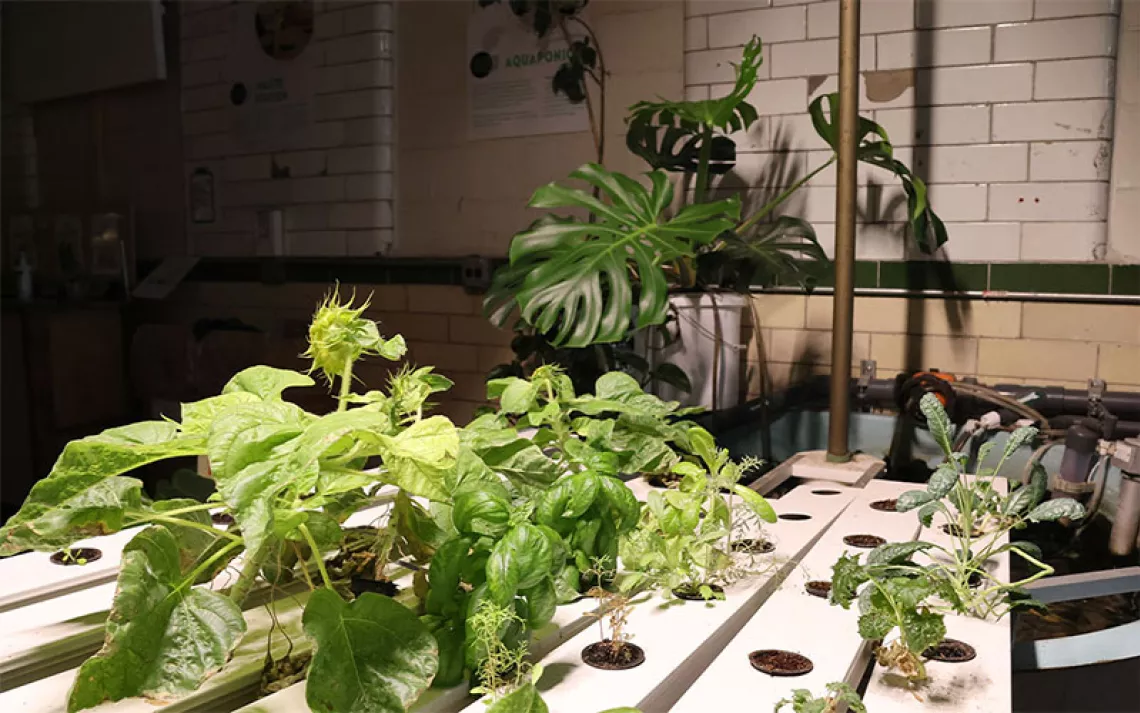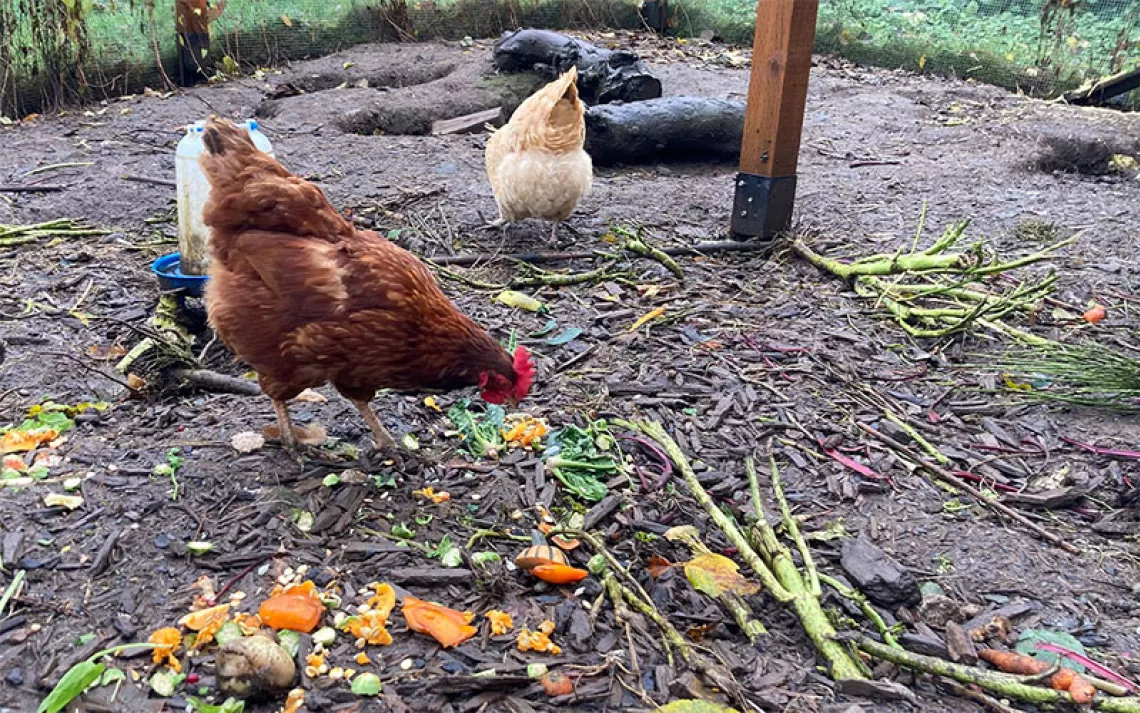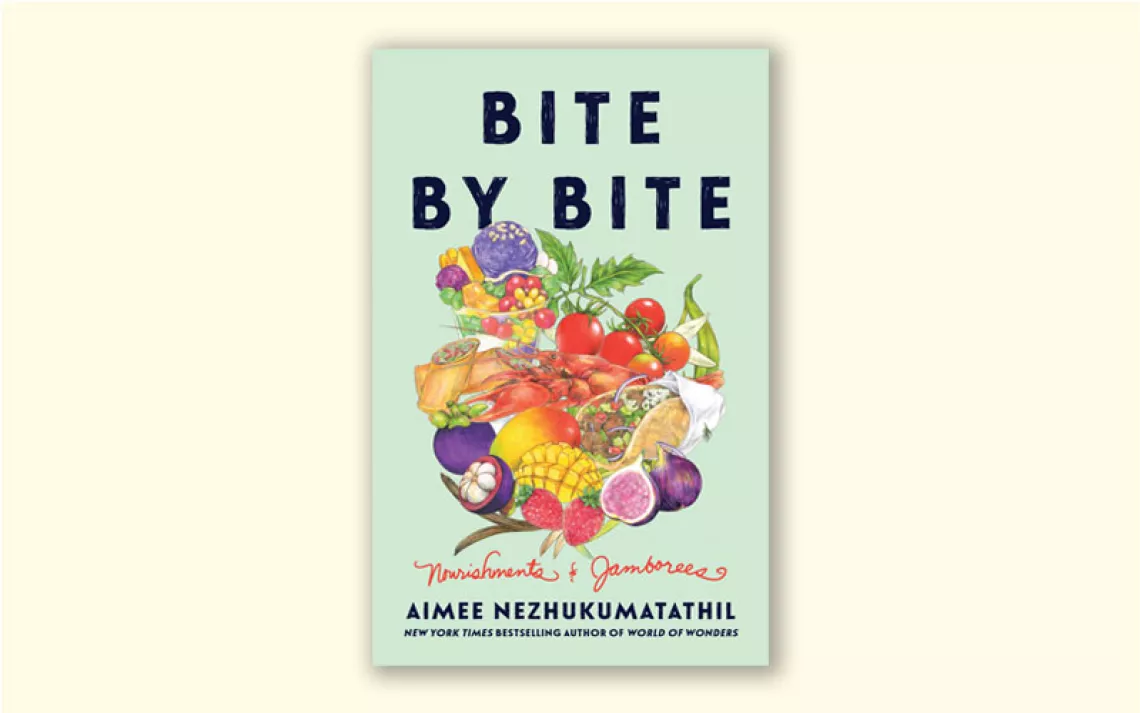How the "Sell By" Date on Your Milk Carton Is Contributing to Methane Emissions
In California, an effort to keep food waste out of landfills starts on grocery store shelves

Photo by FangXiaNuo/Getty Images
On any food item at the grocery store, shoppers might see one of more than 50 different labels meant to indicate freshness, such as “best by” and “sell by.” These labels are typically the reason why many consumers throw away their food. Nearly a third of American households typically toss food items that have passed their date label.
But oftentimes the food we throw away hasn't actually gone bad, said Erica Parker, a policy advocate for Californians Against Waste. “There’s really a lack of education around what these labels mean and how they're controlled in the US, or how they're not,” she said.
There are no federal policies regulating how food quality dates and expiration dates are labeled, and only a handful of states currently have policies on the matter. Instead, manufacturers typically label food products with one of these 50-plus date labels, most of which indicate peak freshness rather than expiration. Now, under a new California law awaiting Governor Gavin Newsom’s signature, the system will be much more streamlined: If manufacturers choose to label their food with an expiration date, they must use “best if used by” to indicate peak quality and “use by” to indicate when the product actually goes bad. These two phrases will remain consistent across all food labeling, regardless of the type of product.
Food date labeling may seem like a trivial issue, but it can have far-reaching consequences. The average family spends some $1,500 each year on food that is never eaten, some of which is thrown out before it’s expired due to unclear food labels. And the rules change from state to state, leading to a confusing “hodgepodge” of regulations, said Nina Sevilla, a food waste advocate for the Natural Resources Defense Council. “What we see currently at the state level is more laws around which items should have a date label on them, not what the date label should say,” she said. “So this California one would be the first in the nation to standardize what phrases are allowed to be used.”
When uneaten food is thrown out, it decomposes in landfills, producing methane emissions that contribute to climate change. In California, organic waste such as decomposing food emits 41 percent of the state’s methane emissions. It all adds up to some 62.5 million tons of food waste each year, making uneaten food the single biggest source of solid waste in American landfills.
These efforts to eliminate waste have also helped politicians salvage something else: an opportunity for bipartisan climate policy. “Sometimes I can't get my colleagues on the other side of the aisle to work on climate-change-related issues, but everybody has a grandmother who told them not to waste food,” said Representative Chellie Pingree (D-Maine), who has worked on food waste prevention policy at the federal level. “There's inertia; there's bureaucracy; there's a lot of things that get in the way of passing simple legislation. But most people agree this is a problem we should resolve.”
While state-by-state leadership on food date labeling is encouraging, it’s not a silver bullet. To spur widespread change, Sevilla said, Congress would need to enact a federal standardization law. In 2018, Pingree, alongside Representatives Richard Blumenthal (D-Conn.) and Dan Newhouse (R-Wash.), introduced the Food Date Labeling Act, which called for the same two-phrase labeling system (“best if used by” and “use by”) enacted in California’s recent law.
But despite garnering bipartisan approval and support from food industry giants like Kroger and Nestlé, the act has been collecting dust. The NRDC-led Zero Food Waste Coalition has been pushing to include food date label laws in the federal Farm Bill, a sweeping agricultural policy package that Congress passes every five years. Still, recent Farm Bill drafts haven’t included these regulations, Sevilla said.
“We’re hoping that the federal government will help standardize this food date labeling system,” said Representative La Shawn Ford (D-Ill.), who helped pass a law encouraging clearer food date labeling in his state last year. “That's what we really need.” Without federal legislation in place, manufacturers will have to continue navigating the complex web of state-by-state food labeling policy, which Ford said can pose additional barriers to both retailers and consumers.
For now, Parker hopes to see California’s standardization law lead the way for other states. She’s watched confusion around the current food date labeling system play out across the Golden State, from food pantries to landfills to grocery stores. Some food banks have had trouble giving out food that’s passed its “sell by” date, Parker said, even though this date doesn’t mean it’s expired.
“If you're someone who relies on those programs, getting food that appears to have expired can feel wrong,” she said. “And I think that this is going to help alleviate some of that, for sure. I know for food banks, it's really important to them to be able to get edible food that's still good to the people that need it.”
 The Magazine of The Sierra Club
The Magazine of The Sierra Club



